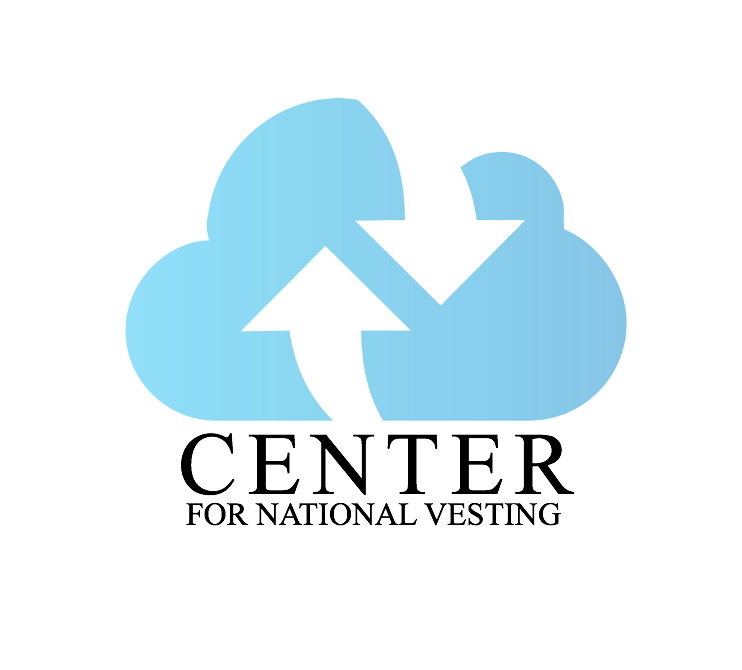Unemployment rate holds steady in December as workers seek livable wage
The unemployment rate held steady at 6.7 percent in December, but we shouldn’t take that to mean things are moderating. In fact, those working in retail, hotels and restaurants are still being laid off in large numbers, according to this story in The Wall Street Journal.
The Journal reports that employers cut 140,000 jobs last month, “the first decline since the pandemic hit the country last spring.”
Even the stimulus package from the nearly $900 billion coronavirus aid package – which provided $600 stimulus checks for most families – isn’t enough to help families.
One way to begin to make a difference is to boost the minimum wage for citizens. According to the Department of Labor, 16 states pay the federal minimum wage of $7.25. That’s deplorable. Just do the math: a worker toiling for 40 hours at $7.25 per hour over 52 weeks earns $15,080. No working families can survive on that paltry sum. That’s below the poverty line for a family of two, according to the U.S. Department of Health and Human Services.
While a handful of states pay more than $12 per hour – Arizona, California, Massachusetts and Washington, to name a few – that’s still not enough to live comfortably without worrying about your economic future.
Something clearly needs to be corrected. And there is a path forward and it’s all about creating a livable wage with vested economics. In a vested economy, espoused by the Center for National Vesting, everyone earns a livable wage. No one is left behind. No one is underpaid.
Let us explain. Technically speaking, a vested economy is one in which the market surplus is distributed to the individual laborers who produce the surplus through an equitable process. Individuals become vested by successfully completing one or more requirements. For example, someone can be vested by completing an educational requirement or serving in the military.
Plainly put, vested economics acts as figurative sponge for absorbing an economy’s excess supply of goods and services and a distribution mechanism called National Vesting for apportioning that excess back to its producers in an equitable manner. In other words, no one has to earn a poverty wage ever again.

